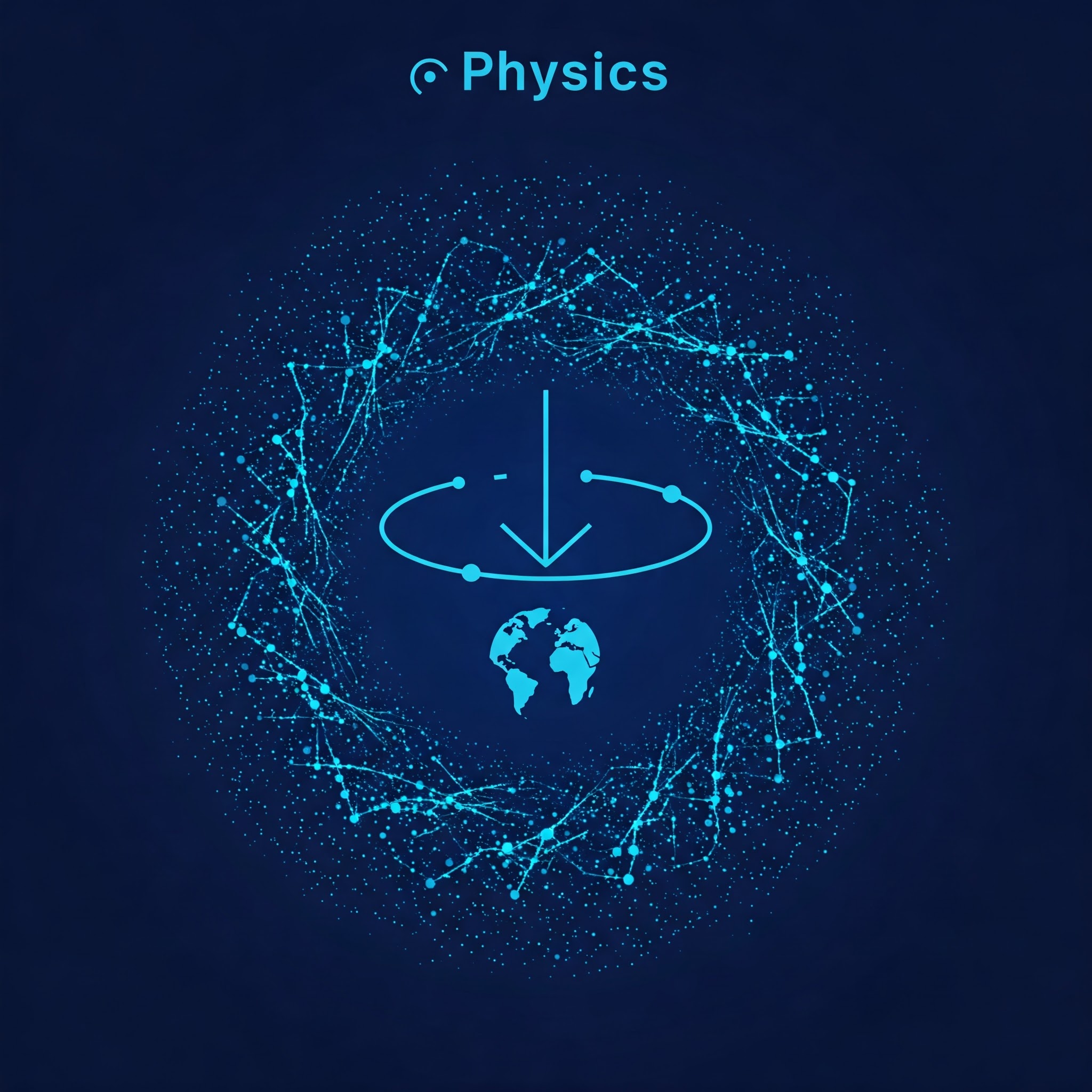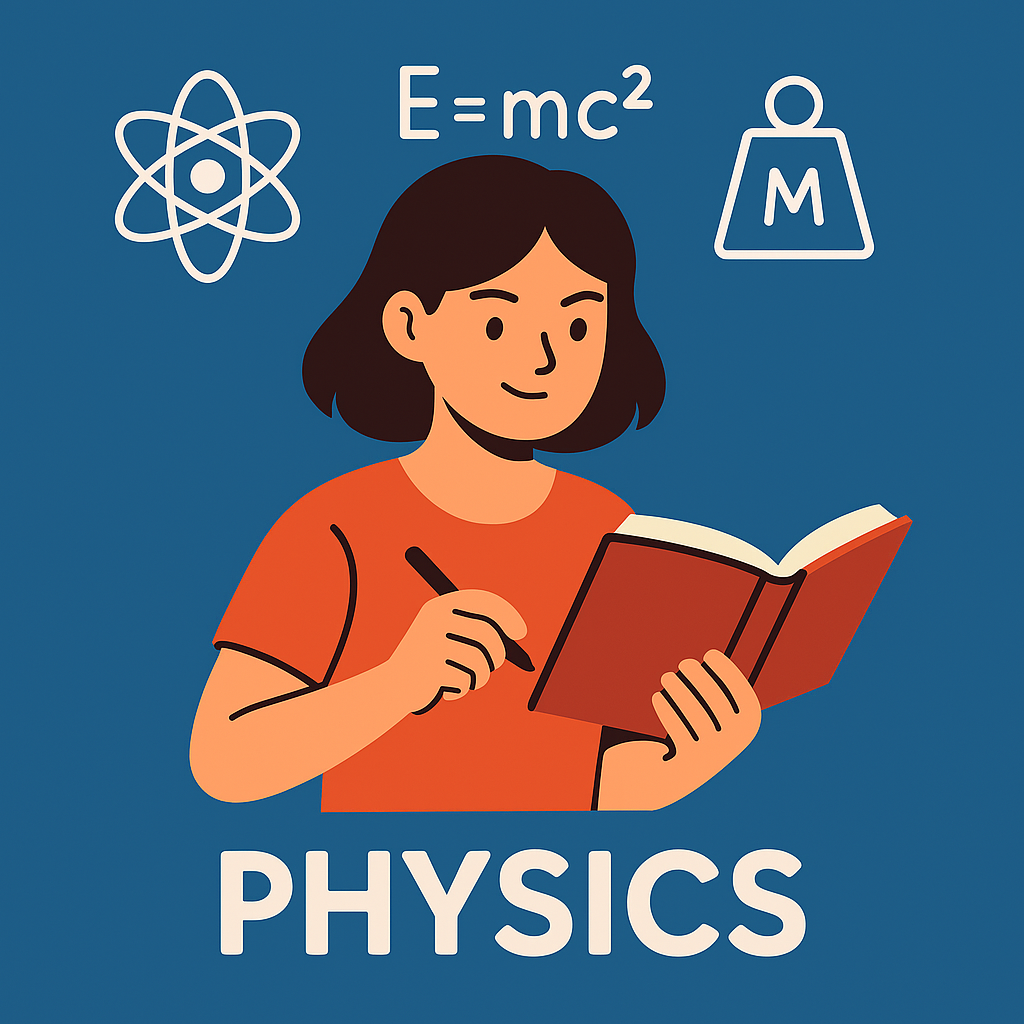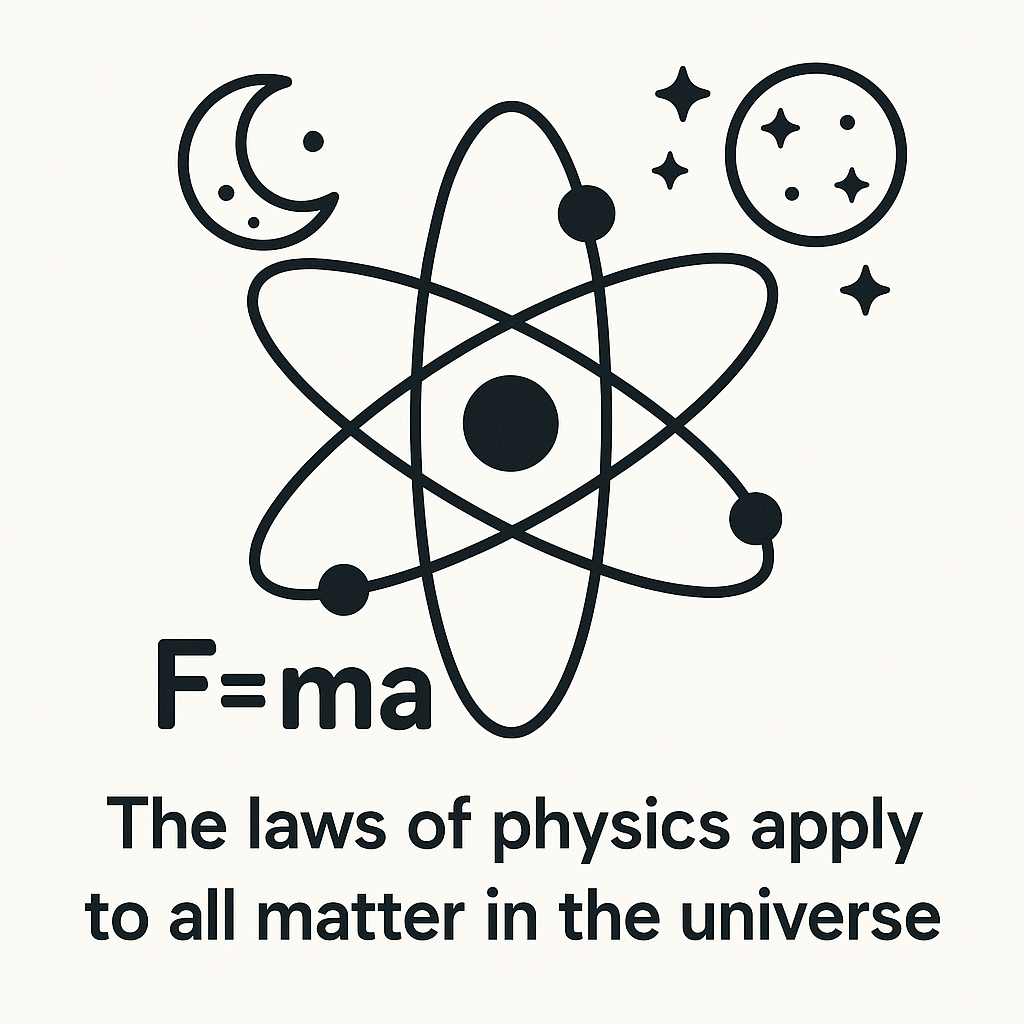Physics
Definition
Physics is a noun that refers to the branch of science concerned with the nature and properties of matter and energy. It involves the study of forces, motion, heat, light, electricity, magnetism, and the structure of atoms.
Parts of Speech
- Noun
Pronunciation
American English
- IPA Pronunciation: /ˈfɪz.ɪks/
- Respelling: FIZ-iks
British English
- IPA Pronunciation: /ˈfɪz.ɪks/
- Respelling: FIZ-iks
Etymology
The word "physics" originates from the Greek "physis," meaning "nature," and "physikos," meaning "natural." It was adopted into Latin as "physica" and entered Middle English in the 14th century, initially referring to the study of natural things.
Derivatives
- Physicist (noun)
- Physical (adjective)
- Physics-based (adjective)
- Astrophysics (noun)
- Biophysics (noun)
Synonyms
- Mechanics
- Natural science
- Physical science
Antonyms
- None
Usage
The term "physics" is widely used in academic, scientific, and technological contexts. For example: "He is studying physics at university," or "The laws of physics govern the behavior of the universe."
Related Terms
- Mathematics: A discipline closely related to physics, used to model and analyze physical phenomena.
- Chemistry: A branch of science that overlaps with physics in areas such as thermodynamics and quantum mechanics.
- Astronomy: The study of celestial bodies, often utilizing principles of physics.
Detailed Definitions
Noun
- The study of matter and energy: Refers to the scientific discipline that investigates natural phenomena.
- Example: "Physics explains how gravity works."
- A subject of academic study: Refers to the field taught in educational institutions.
- Example: "She excelled in physics during high school."
- The principles governing nature: Describes the fundamental laws and theories describing physical interactions.
- Example: "The laws of physics apply to all matter in the universe."
physics



🇨🇳 Mandarin
- 物理 (wùlǐ) – for "physics"
- IPA: /û.lì/
- Respelling: wu-lee
🇮🇳 Hindi
- भौतिक विज्ञान (bhautik vijñān) – for "physics"
- IPA: /bʱaʊt̪ɪk vɪd͡ʒ.ɲaːn/
- Respelling: bhau-tik vij-nyaan
🇪🇸 Spanish
- Física – for "physics"
- IPA: /ˈfisika/
- Respelling: fee-see-kah
🇫🇷 French
- Physique – for "physics"
- IPA: /fizik/
- Respelling: fee-zik
🇸🇦 Modern Standard Arabic
- الفيزياء (al-fiziyā') – for "physics"
- IPA: /al fiːˈzijjæːʔ/
- Respelling: al-fee-zi-ya
🇧🇩 Bengali
- পদার্থবিদ্যা (pôdarthabidyā) – for "physics"
- IPA: /pɔdartho bidja/
- Respelling: po-dar-tho-bid-ya
🇷🇺 Russian
- Физика (fizika) – for "physics"
- IPA: /ˈfʲizʲɪkə/
- Respelling: fee-zee-ka
🇵🇹 Portuguese
- Física – for "physics"
- IPA: /ˈfizikɐ/
- Respelling: fee-zee-ka
🇮🇩 Indonesian
- Fisika – for "physics"
- IPA: /fisika/
- Respelling: fee-see-ka
🇩🇪 German
- Physik – for "physics"
- IPA: /ˈfyːzɪk/
- Respelling: fy-zik
🇯🇵 Japanese
- 物理学 (butsurigaku) – for "physics"
- IPA: /bɯ̟ᵝt͡sɨᵝɾʲiɡa̠kɯ̟ᵝ/
- Respelling: butsu-ri-gaku
🇻🇳 Vietnamese
- Vật lý – for "physics"
- IPA: /vəːt˧ liː˧˧/
- Respelling: vat lee
🇰🇷 Korean
- 물리학 (mullihak) – for "physics"
- IPA: /mul.li.hak̚/
- Respelling: mool-lee-hak
🇹🇷 Turkish
- Fizik – for "physics"
- IPA: /fizic/
- Respelling: fee-zik
🇵🇰 Urdu
- طبیعیات (ṭabiʿiyāt) – for "physics"
- IPA: /ʈəbiː.ʕjaːt̪/
- Respelling: tabi-yaat





